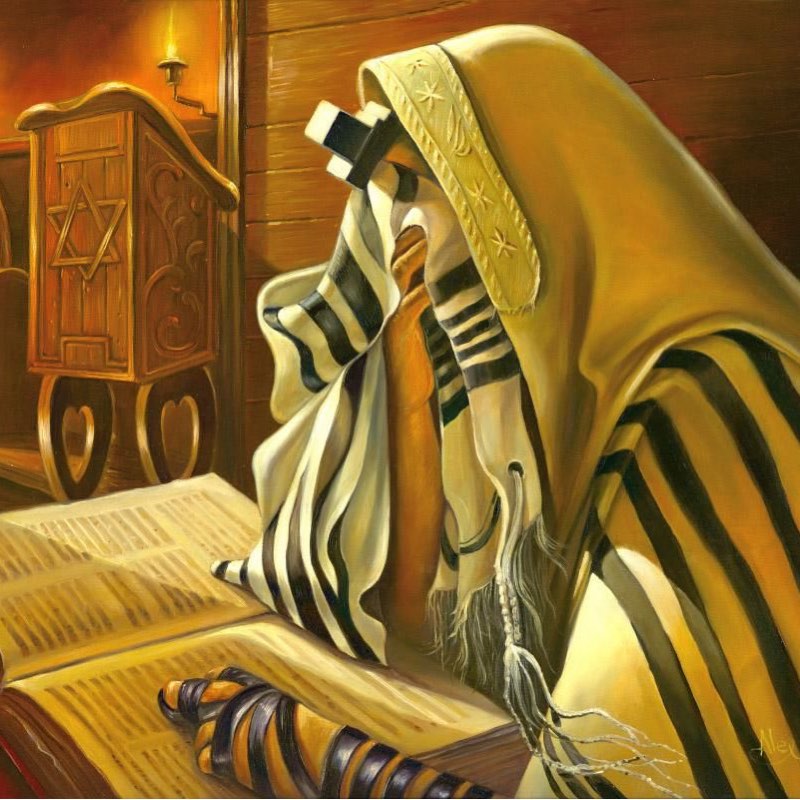Why does Allah confront Jews in Surah 2, verses 91 to 92, of the Quran?
Surah 2, verses 91 to 92, of the Quran addresses a critical issue regarding the acceptance of previous scriptures and the rejection of the Quran by some among the Jewish community at the time of Prophet Muhammad. These verses highlight a contradiction in accepting earlier revelations while rejecting the Quran, despite its affirmation of those preceding scriptures and its coming from the same source, God (Allah). Here are the verses for reference:
"When it is said to them, 'Believe in what Allah has sent down,' they say, 'We believe in what was sent down to us.' And they disbelieve in what came after it, while it is the truth confirming what is with them. Say, 'Why then have you killed the prophets of Allah before, if you indeed were believers?' And Moses had certainly brought you clear proofs. Then you took the calf after that, and you were wrongdoers."
These verses serve several purposes:
1. Confirmation of Previous Scriptures: They affirm that the Quran confirms the truth of the earlier scriptures given to the Jews (and by extension, Christians), asserting continuity within the Abrahamic tradition.
2. Critique of Inconsistency: Allah criticizes the inconsistency of accepting earlier revelations but rejecting the Quran, which is presented as part of the same monotheistic message. This inconsistency is highlighted to question their basis of belief and to challenge their rejection of the Quran.
3. Historical Grievances: The mention of past transgressions, such as the worship of the calf after Moses brought clear signs from God, serves to remind the audience of their historical mistakes. It emphasizes the pattern of deviation from God's commands despite witnessing miracles and receiving guidance.
4. Call to Reflection: By confronting these issues, the verses invite the audience to reflect on their beliefs and actions, encouraging them to embrace the Quran as a continuation and fulfillment of the monotheistic message delivered by previous prophets.
In summary, these verses confront Jews (and by implication, other communities) with their inconsistency in accepting previous revelations while rejecting the Quran, despite its consistency with their own scriptures. The confrontation serves as both a reminder of their historical deviations and an invitation to embrace the Quranic message.


